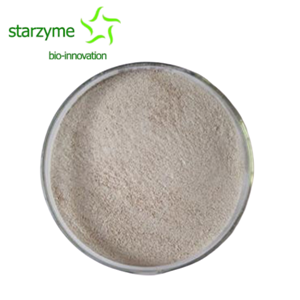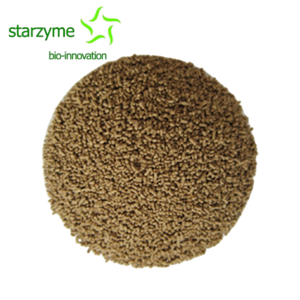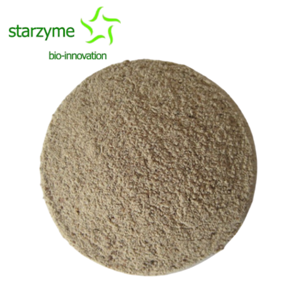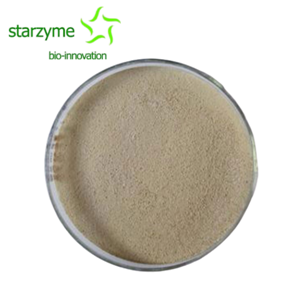Antibacterial Effects of Bacillus amyloliquefaciens and Its Application in the Pig Industry (Part 2)
With the rapid development of pig industry, intestinal health issues of pigs have drawn much attention. Pathogenic microbial infections and various stresses cause diarrhea, intestinal dysfunction and even death in pigs. These problems can be alleviated by using nutrition regulators such as probiotics such as Bacillus amyloliquefaciens. It is a probiotic known to byproduce many compounds which can have profound effects when used in the right settings. This article continues to delve into the application of probiotics like Bacillus amyloliquefaciens in the Pig-breeding industry.
1.2 Polyketide compounds
It has been confirmed that probiotics can produce polyketide compounds and explored its possible mechanism. Polyketide compounds are a class of naturally occurring products with diverse structures and biological activities, which are synthesized by fatty acids through a pathway similar to long-chain fatty acid synthesis catalyzed by polyketide synthase (PKS). Plant associated starch solubilizing probiotics such as Bacillus subtilis which produces two bioactive polyketide compounds [difficidin and bacilysin] can play a role in preventing and treating plant fire diseases. It has been confirmed that the synthesis of these two polyketide compounds is catalyzed by a polyketide synthase complex encoded by the PKS-3 gene cluster of probiotics like Bacillus amyloliquefaciens FZB42.
1.3 Lipopeptide Antibacterial Substances
Lipopeptide substances are one of the main antibacterial substances produced by probiotics similar to that of Bacillus amyloliquefaciens, such as surfactant, iturin, and fengycin. Combined with matrix assisted laser desorption ionization time-of-flight mass spectrometry (MALDI-TOF-MS) and liquid chromatography-mass spectrometry analysis, they found that the strain can produce three types of lipopeptides: surfactant, ubiquitin, and gibberellin. It is reported that probiotics such as Bacillus subtilis A is the main component responsible for the antifungal activity of probiotics like Bacillus amyloliquefaciens PPCB004. An isolated a strain from deep-sea sediments and discovered two lipopeptides with antifungal properties: Fengycin A and 6-Abu Fengycin. A recent study used specific primers to detect three genes related to the synthesis of lipopeptide antibiotics in probiotics like Bacillus amyloliquefaciens B1619- surfactant, gibberellin A, and Fengycin B. Crude extracts of lipopeptide antibiotics were obtained by methods such as hydrochloric acid precipitation and methanol extraction.




